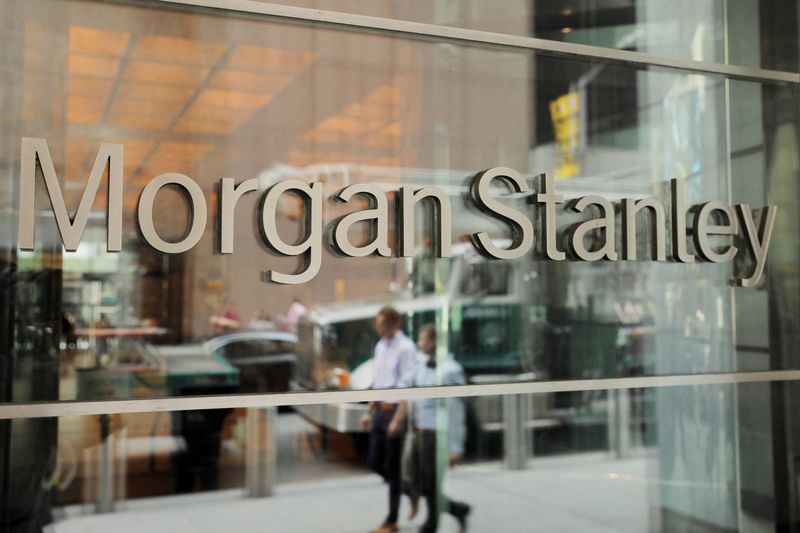As the US approaches another presidential election, investors are naturally curious about the impact the outcome will have on the markets.
However, Morgan Stanley analysts suggest that the business cycle, not the election, will have a greater impact on market behavior.
Morgan Stanley said in a note to clients on Monday that while election years are often filled with speculation and predictions, the historical impact of elections on markets is less clear.
“Our cross-asset strategy team’s research into the run-up to past elections shows no clear pattern of market behavior in election years, even when screening for different election and macro conditions,” the bank said.
The uncertainty surrounding the election, especially in a polarized electorate, would further reduce the likelihood that investors will base their short-term strategies solely on election results.
In particular, Morgan Stanley highlights that specific sectors could experience more pronounced impacts after the election, based on the divergent policies of the two major parties.
For example, they argue that energy and telecom could struggle under Democrats’ plan to extend tax breaks, while clean technology could benefit from sustainable credits under the Inflation Reduction Act.
Additionally, the bank says the U.S. Treasury yield curve and the U.S. dollar are also areas to watch. For example, a Republican victory could lead to higher rates, potentially leading to a steeper yield curve as yields on shorter-term bonds fall.
Morgan Stanley says the U.S. dollar, often a safe haven, could rise in value if former President Trump wins despite his criticism of a strong dollar.
They think this could happen due to potential tariffs and increased geopolitical uncertainty, which could lead to looser central bank policies abroad.
As elections grab headlines, Morgan Stanley believes the dynamics of the business cycle will play a more crucial role in shaping market trends in the coming months.


